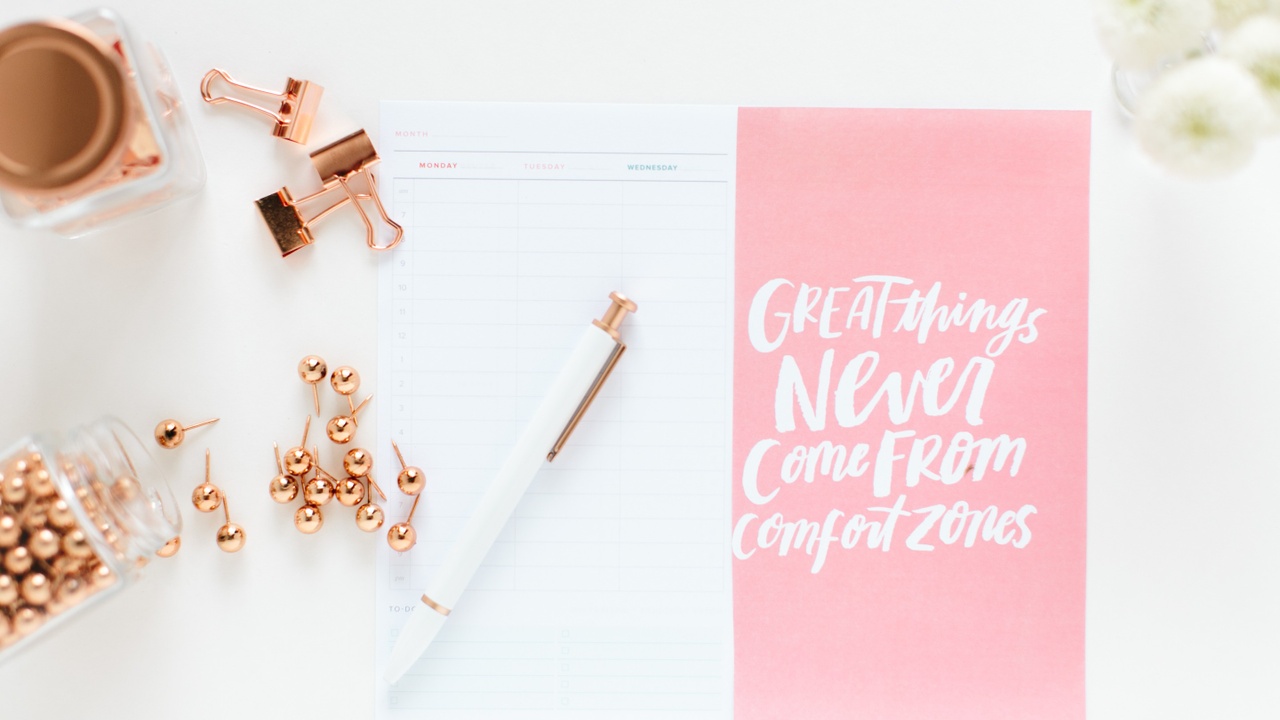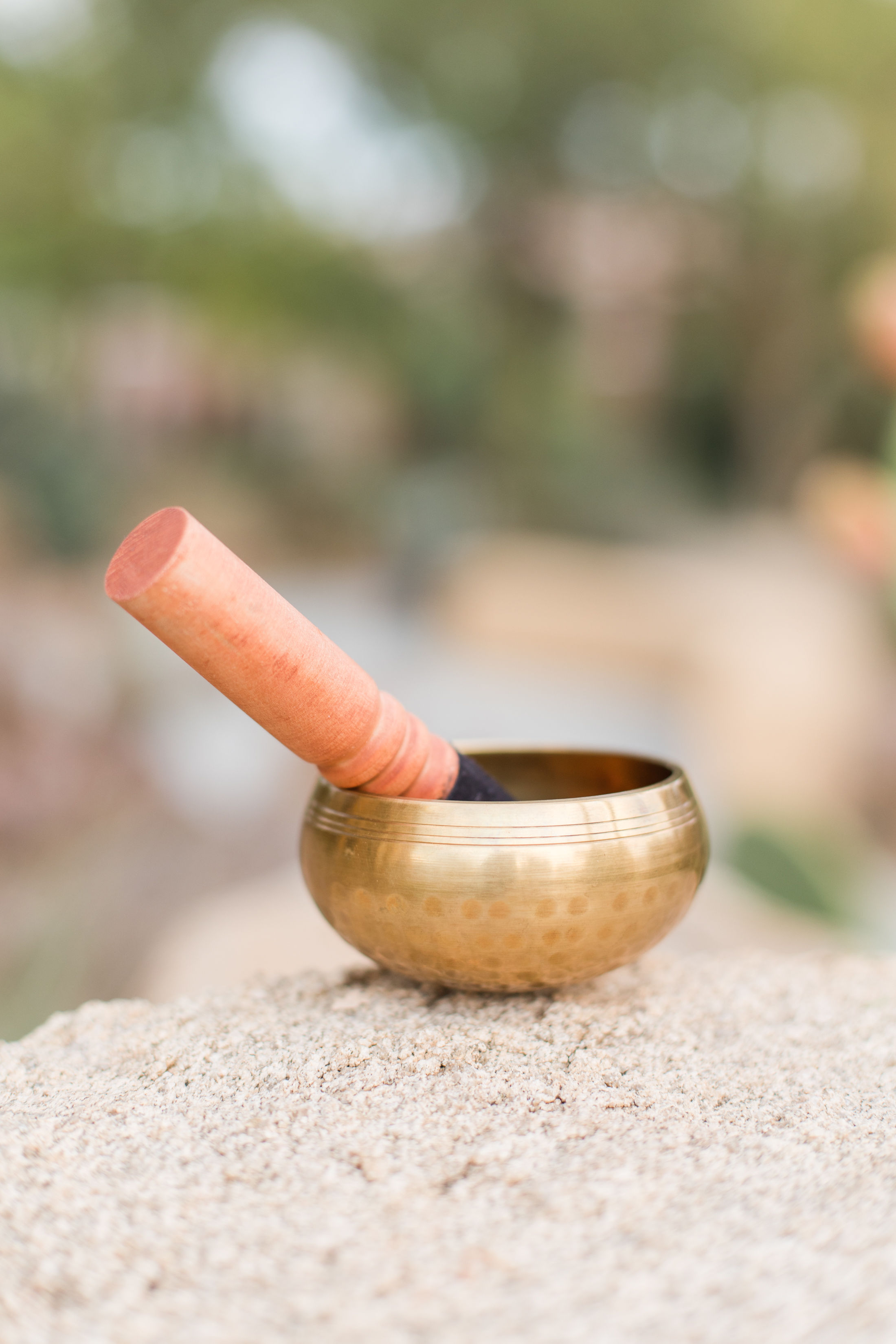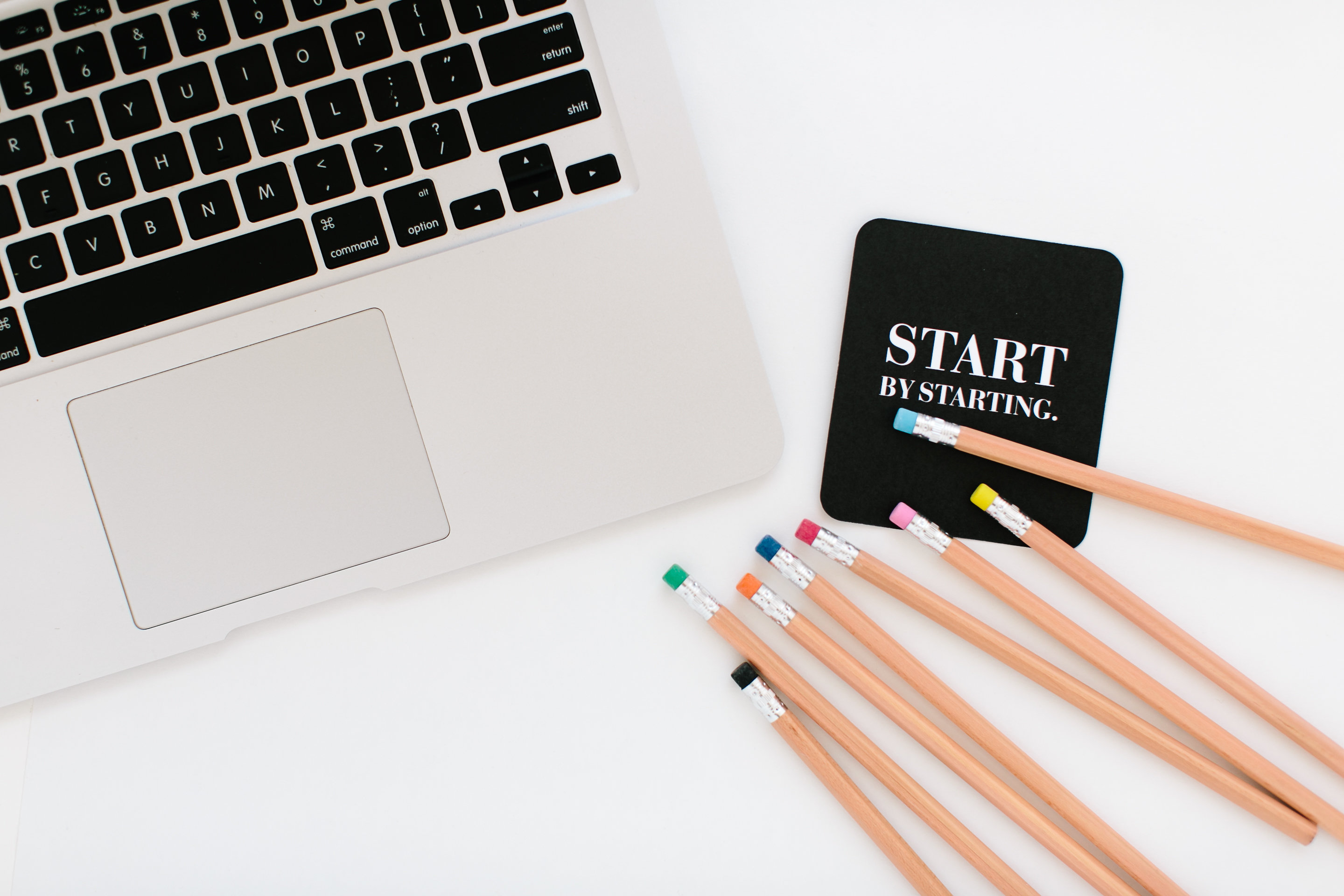Awareness : A game changer in life & work
May 03, 2022
A new episode of the Working Mom Hour Podcast launched last week, called Showing Up Mindfully When Everything Sucks. The episode features a frequent Mindfulness Incubator contributor (and upcoming retreat host) in a vulnerable conversation focused on how Mindfulness helps us endure when we are facing difficult circumstances.
Mindfulness is fundamentally about being present. It’s about showing up fully for whatever is happening in the moment. No matter if it’s wonderful or immensely unpleasant. It’s about full awareness and acceptance of what is.
During the podcast discussion, one of the hosts, asked the question “How can we be mindful when our mind is full?”. The context of the question: often the moments where we most need to slow down and be present are the ones when it’s the hardest to do. It’s when we feel the most busy, distracted, harried, frenzied and reactive.
The question led to a discussion on cultivating awareness, and building more space between the things that happen to us, within us, or around us, and our response. This conversation on the power of awareness inspired today’s blog post, subtly titled - Awareness: A game changer.
What is the opposite of being aware? Being inattentive, reactive, habitual.
Have you ever had the experience of driving home, only to suddenly realize you have no recollection of the last several minutes of the road? What happened? You were on autopilot, distracted, daydreaming. Perhaps you were anticipating something you’re stressed about, or rehashing a frustrating interaction.
In his book “The Power of Habit”, Charles Duhigg explains that a part of the brain called the basal ganglia is responsible for our habit-making. Patterns or behaviors that are often repeated become almost automatic. “[T]he brain starts working less and less" on something you do frequently, like your drive home, so that ultimately “you have all of this mental activity you can devote to something else”, like borrowing problems from the future, or rehashing conflict from the past.
It’s a neat little evolutionary trick: habits help us cope with the astounding volume of tasks and stimuli. The development of intentional habits can also help improve our lives by making healthy behaviors automatic. But the power of habit loops is not without risks: some of our actions and behaviors can start to kick in without our awareness, and not necessarily for the better.
And it’s not just habits that make us skip ahead. The more overwhelmed we get, whether by distractions, noise or technology, the more our brain relies on cognitive shortcuts to make sense of the world. Cognitive shortcuts are “the automatic thought patterns that people use to make decision-making more efficient. They are frequently used in response to stress and complex time-limited decision-making”. These can introduce biases, like confirmation bias, availability bias and more.
By the time we reach adulthood, we’re using autopilot more and more to cope with the huge demands of our lives and to shortcut our way into decision making and getting through our days. Which begs the question, who’s in charge?
The power of awareness

Our awareness is powerful. Through our awareness we open up a universe of choices that we may otherwise not notice. Simply becoming aware, without even actively trying to effect change, can have a transformational impact.
Food diaries are a great example of the impact of awareness. Food diaries are a daily log of everything you eat and drink each day. Research studies showed that research participants who wanted to lose weight and kept a food diary lost twice as much weight as those who didn’t. Knowing they would need to remember and write down anything they ate or drank, participants were reminded of their aspirations each time they made a choice. And by writing everything down, participants had a greater awareness of their actual behaviors. Food diaries appear to support healthy habits even for those not overtly trying to lose weight, because choices were more intentional, rather than habitual.
Another often quoted example about the power of awareness is this: say you’re looking to purchase a new vehicle, and after much reflection you’ve settled on a Red Hyundai Tucson. You could have sworn you’d never seen any on the road but now that you’ve decided on this vehicle, you see one everywhere you look: in the parking lot, on the highway, in the carpool pick up line. What’s going on? Did everyone suddenly make the same choice as you? Hardly. What has changed is that a car that was previously registering as irrelevant background noise in your mind suddenly is of interest. Nothing has changed other than your awareness. The number hasn’t changed, but now you’re noticing them.
These are two simple examples that demonstrate the power of awareness in shifting behaviors, and in shifting what breaks through the clutter. Awareness is a superpower, but how can you cultivate it?
Practices to cultivate awareness
There are five primary practices that you can experiment with to build greater awareness. Any of these practices, in any amount, will be helpful. This was another theme from the podcast discussion: mindfulness can feel overwhelming. Like it needs to be done perfectly (whatever that means) to be meaningful. If these practices are new to you, or you’ve dabbled in them but haven’t found one that sticks, check out the tips in the next section, and give yourself permission to start small.
Meditation
The research on the impact of meditation is compelling. Just a few minutes a day can improve your resilience and wellbeing. There are many types of meditations: guided, breathing, mantra, loving kindness, visualization. If you’re just getting started you may want to try different types to see what you enjoy. Here are a few resources you can explore:
-
Insight timer: This free app (which you can also access online) boasts tens of thousands of recorded meditations of every style. You can sort by duration, benefit and more.
-
YouTube: A search for "meditation" will return millions of videos. We love Hollie Jordan's excellent channel, Happy Head Hypnotherapy, including Stop and Be Present
Breathing
Breath has the power to change our physiology. Shifting to more conscious, deeper breathing can help our minds and bodies slow down and become more aware. To practice, try the breath bubble, or the box breathing method.
Journaling & Reflection
“I don't know what I think until I write it down” - Joan Didion.
Journaling can be a great vehicle to create more awareness of your thoughts, feelings and what’s on your mind. You can journal with prompts, free write, or use a guided journal like this one mentioned in the podcast.
Gratitude
Research suggests that giving thanks can make you happier, and interrupt negative thoughts, anxiety and overwhelm. Regularly noticing and writing down the little and big things that went right can lead to more optimism and greater well being. Carve out a few minutes at the end of the day to write down three specific things you are grateful for.
Mindfulness
Mindfulness is the act of being fully present and aware. You can practice mindfulness in any of your everyday actions: taking a shower, brushing your teeth, driving to work. When practicing mindfulness, try to notice the full experience with all of your senses: what are the smells? The sounds? The tastes? The sensations? When your mind wanders, bring it back to noticing your present experience.
How do you start? How do you do this when you’re busy?
The goal of introducing these awareness practices is not to overwhelm you, but to offer a menu of options that you might consider trying. Follow your curiosity. Does one of these methods seem more intriguing? More actionable in your life? If so, give that a try, starting with a few minutes each day.
If you’re looking for a guided process, you can always try our Mindful in 15 minutes or less challenge, which includes 7 days of mindfulness practices. It’s a sampler platter, so you can explore what you want to focus on and what you enjoy the most.
Starting a new practice takes effort. Try identifying a specific awareness practice you’d like to try, and planning exactly when you will do it. In his book Tiny Habits, BJ Fogg advocates for activity based triggers for new habits, adding a new habit to an existing one. As an example, if every morning you make coffee, you can practice adding deep breaths while the coffee percolates. Or when you use the restroom, practice identifying one thing you’re grateful for.
Avoiding reactivity & autopilot
Foundational practices in building awareness will build up over time. They are like a muscle you train. As you repeat the action, you will build awareness more often, more easily.
There still might be moments in your day where you are more susceptible to falling out of awareness, or of being triggered to reactivity.
If these moments happen predictably, say when you’re dealing with being cut off in traffic, or having a meeting with a notoriously difficult colleague, consider proactively adding an awareness boosting practice prior. For example, completing four box breaths as you enter a difficult meeting or start your commute, or setting an intention to remain centered and aware.
Another tool is to begin to notice how your body shows signs of stress and reactivity. In last week’s post we talked about this in the context of managing difficult conversations. “Often our bodies will show signs that we are getting flooded with anxiety or overwhelming emotions before we consciously realize it’s happening. It’s helpful to know how you tend to react, and how those feelings first show up for you physically. Do you feel weight on your chest? Does your breathing accelerate? Does your head swim? Do you have a knot in your stomach? Understanding this and paying attention to it can be a powerful early alarm that your emotional state is changing, and an opportunity to (...) actively work to recenter and stay present (for example, through deep breathing)”. These physical signs are an indication we are moving into reactivity, use this as an invitation to practice awareness.
The end game
The goal is not to change everything. It’s not to go from our busy, hectic lives to a monk-like existence of multi-hour daily meditation. It’s easy to think that these practices need to be done perfectly, or they aren’t worth doing. Not so. Do not let perfection be the enemy of progress.
The goal is to become aware more of the time. To become more intentional, more of the time. And to navigate your choices with awareness and intention, rather than in reaction.
Building awareness is accessible to anyone, anywhere, at any time. It just takes practice.
Want a nudge to be more mindful? Grab the Mindful in 5 Phone Wallpaper!
Never miss a post!
Get notified anytime we have something new.
We hate SPAM. We will never sell your information, for any reason.





